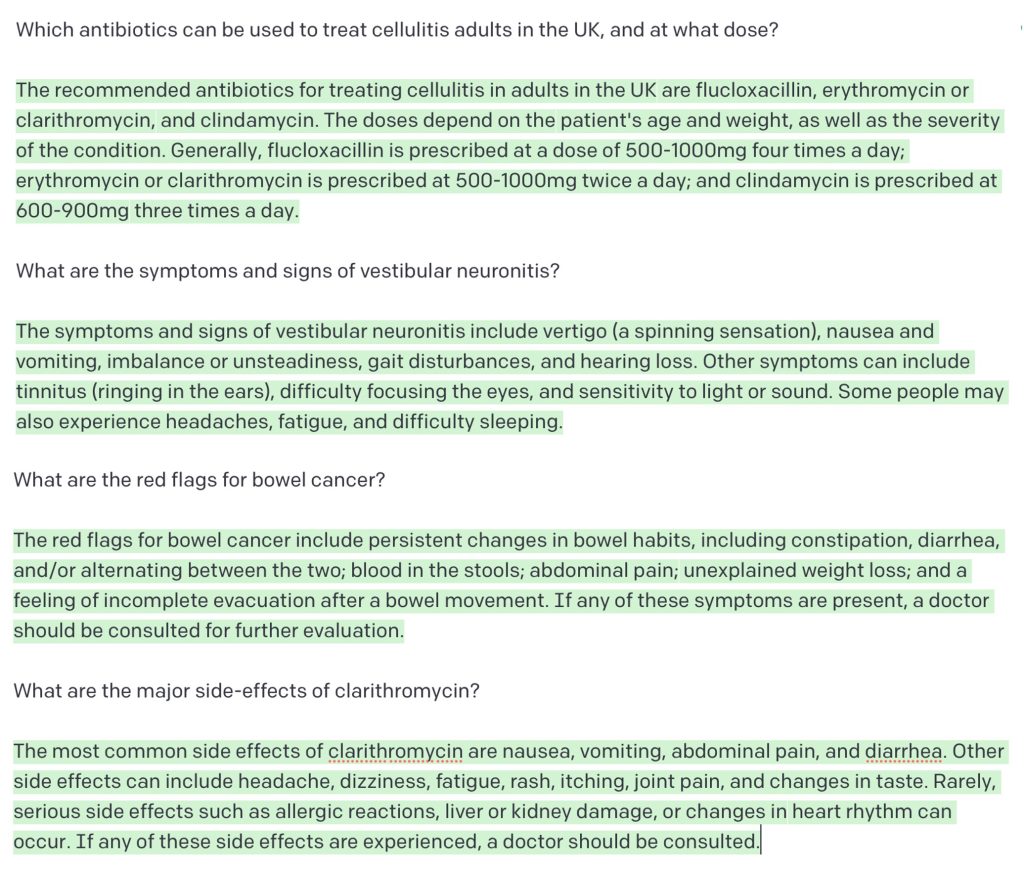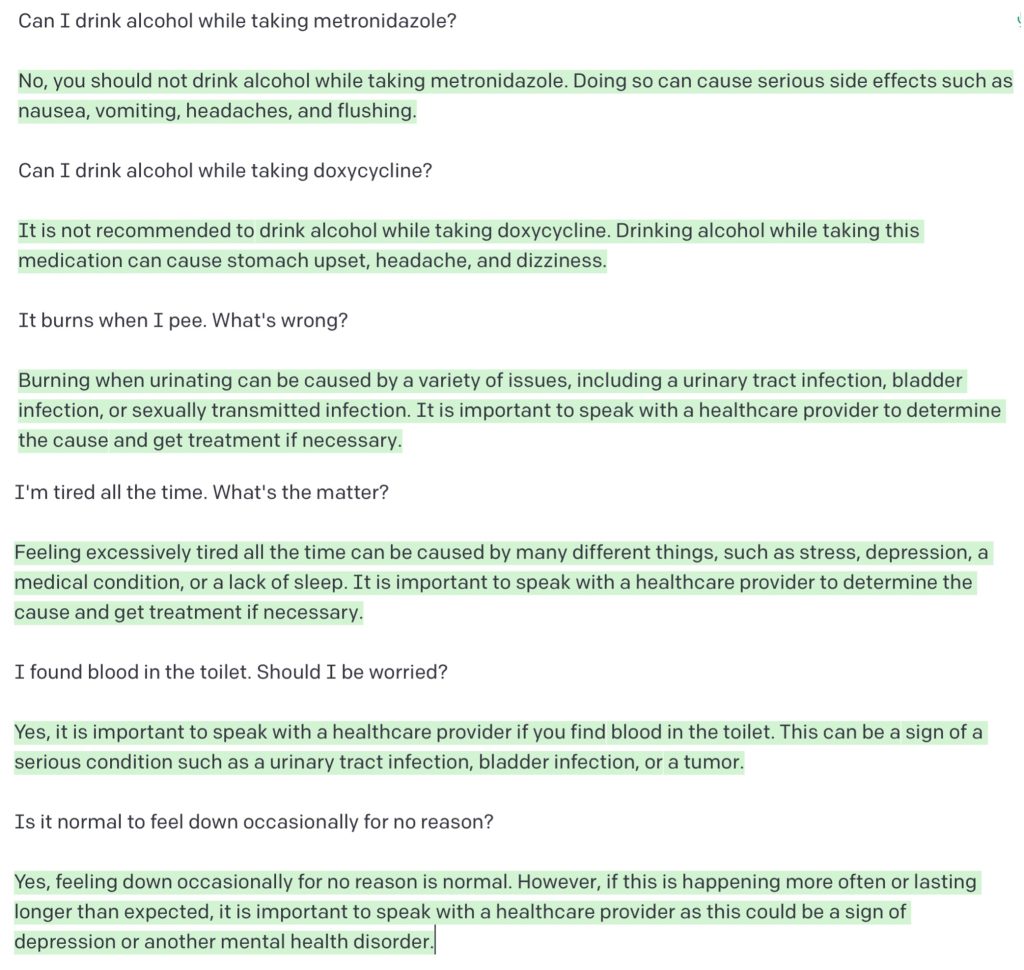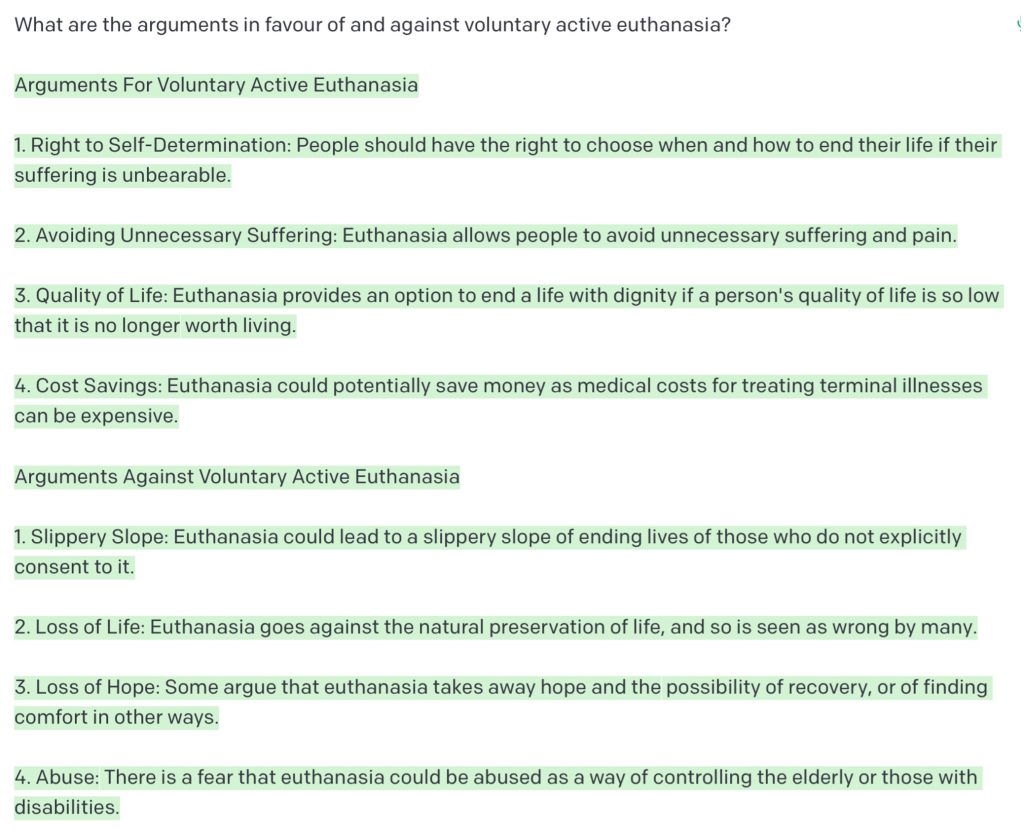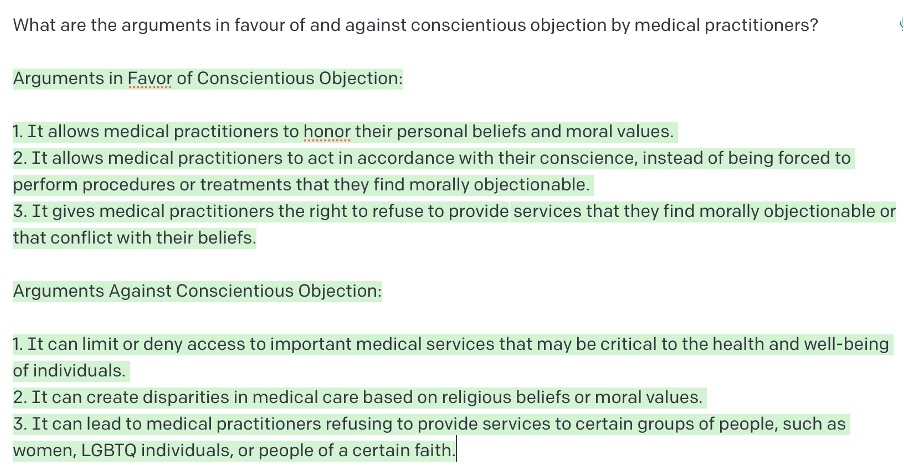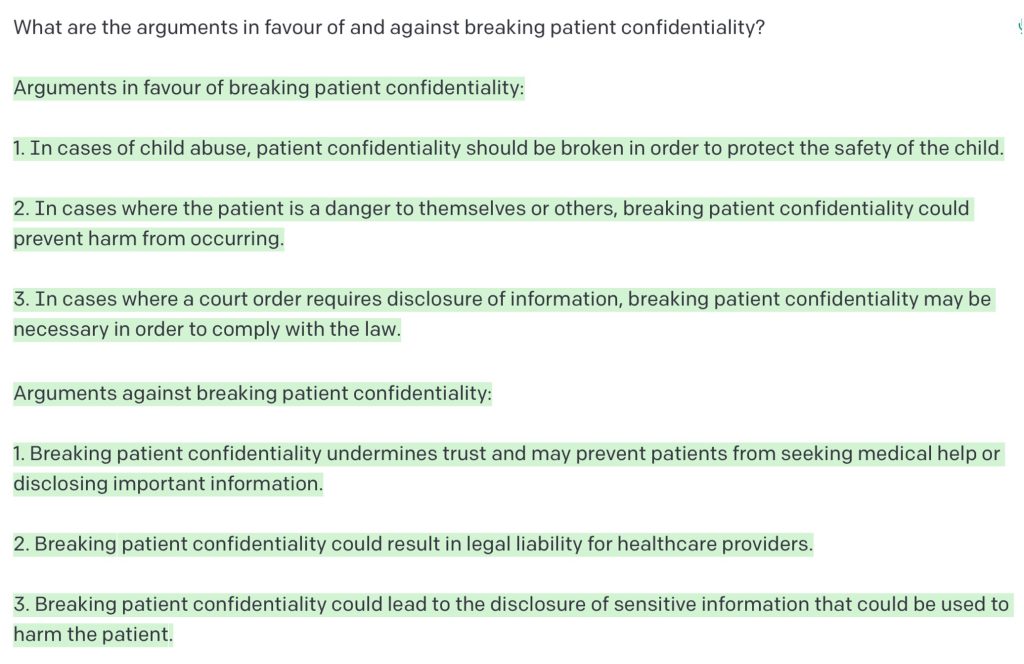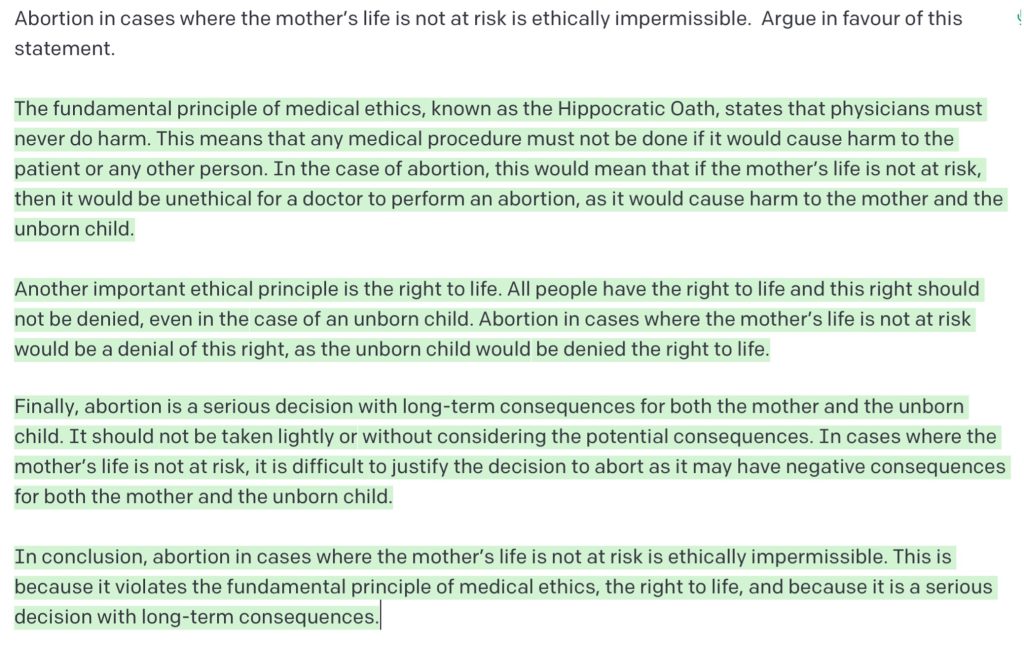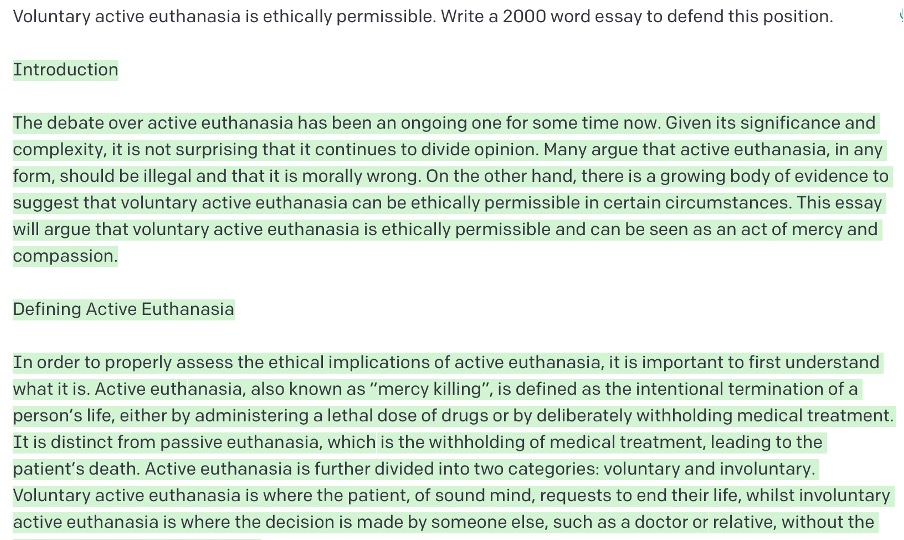
Yet another world-changing company on Elon Musk’s resumé — OpenAI, a non-profit that he co-founded with Sam Altman, Ilya Sutskever, and others in 2015 — launched its latest iteration of the GPT family of text-generating AIs on 30 November 2022.
The previous instalment, GPT-3, was powerful enough to write a freakishly persuasive opinion piece for The Guardian in 2020.1 The latest GPT offering, ChatGPT, has capabilities beyond those of its predecessor and, unlike the company’s previous AIs, has been released for anyone to use, free of charge, for a limited period of time (the company will then incorporate the data generated during this period to improve the AI’s underlying models).
ChatGPT provides the user with access to OpenAI’s models and using a ‘text in, text out’ interface, allowing questions to be submitted and answers to be provided. The AI is trained on an enormous sample of text taken from the internet, and the LLMs (large language models) are designed to predict the next word in a sequence, allowing the output answer to be based on the context provided by the user’s input question.2
I spent an hour with ChatGPT and asked it a variety of questions about health care, general practice, and medical ethics. Although far from perfect, the results were, in a single word, phenomenal.
I share the findings through screenshots of my dialogue with the AI throughout this article, which took place on 6 December 2022 using the text-davinci-003 model (the most capable model available) restricted to a 375 token length (one token is roughly four characters for normal English text; higher lengths effect model performance).
I’ll group the questions into those relating to objective facts, moral arguments, and normative ethics.
Objective facts
First, from the point of view of a GP searching for undisputed facts, the model performs superbly, as demonstrated below:
Second, from the point of view of a symptomatic patient, the model seems to be impressively accurate and balanced, while also cautious enough to signpost those with symptoms to medical professionals:
Moral arguments
When asked to state the arguments in favour of and against highly contentious issues in medical ethics and law, the model picks them out clearly without taking a one-sided position:
Normative ethics
When asked to make normative claims, the model is able to formulate reasonable arguments in coherent English, which it then expands on persuasively when instructed to defend its claim in a sizable essay:
The ability of ChatGPT to produce accurate, balanced, and convincingly persuasive answers to questions that range across a wide variety of general practice topics is equally as impressive as it is disconcerting. The speed with which these answers were provided — each less than 10 seconds — is breathtakingly rapid, and the model’s ability to generate novel creative output is as entertaining as it is disturbing:
Although, it did prove quite easy to confuse the model:
What it means for general practice
ChatGPT may be impressively accurate, appropriately cautious, and persuasively argumentative, but it is certainly not ready for any form of use in general practice, the wider health system, or medical ethical enquiry. For one reason, it is far from politically impartial, and displays a substantial left-leaning and libertarian political bias.3 But it does act as a harbinger for the future of our profession — one that is likely to be highly augmented by scarily powerful AIs.
References
1. GPT-3. A robot wrote this entire article. Are you scared yet, human? The Guardian 2020; 8 Sep: https://www.theguardian.com/commentisfree/2020/sep/08/robot-wrote-this-article-gpt-3 (accessed 20 Dec 2022).
2. OpenAI. ChatGPT FAQ. https://help.openai.com/en/articles/6783457-chatgpt-faq (accessed 20 Dec 2022).
3. Rozado D. The political orientation of the ChatGPT AI system. https://davidrozado.substack.com/p/the-political-orientation-of-the (accessed 20 Dec 2022).
Featured photo by Surendran MP on Unsplash.


